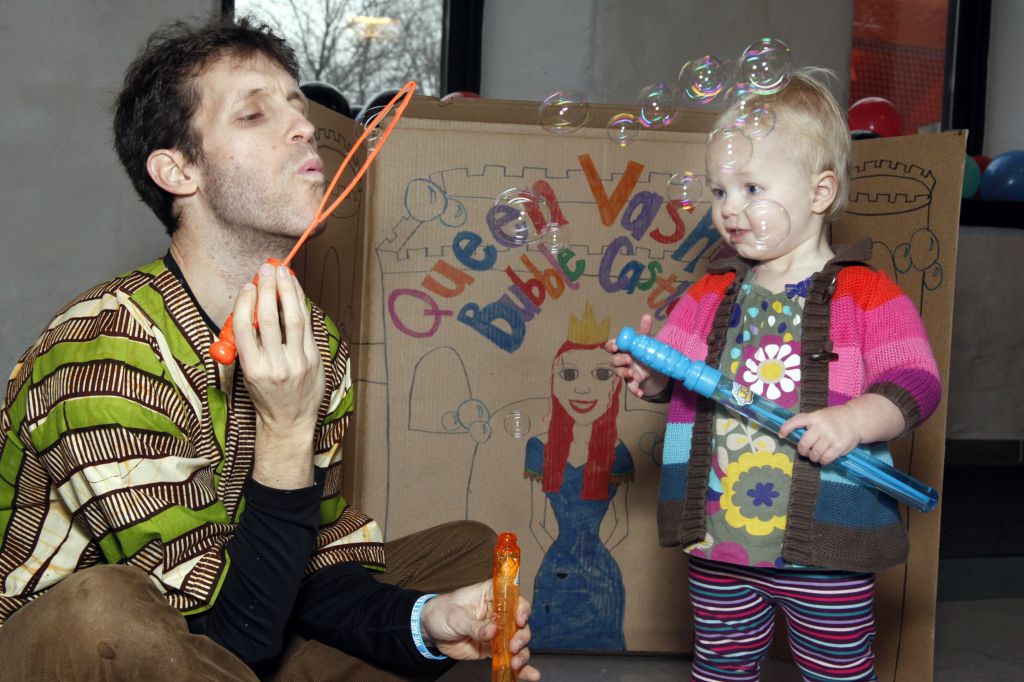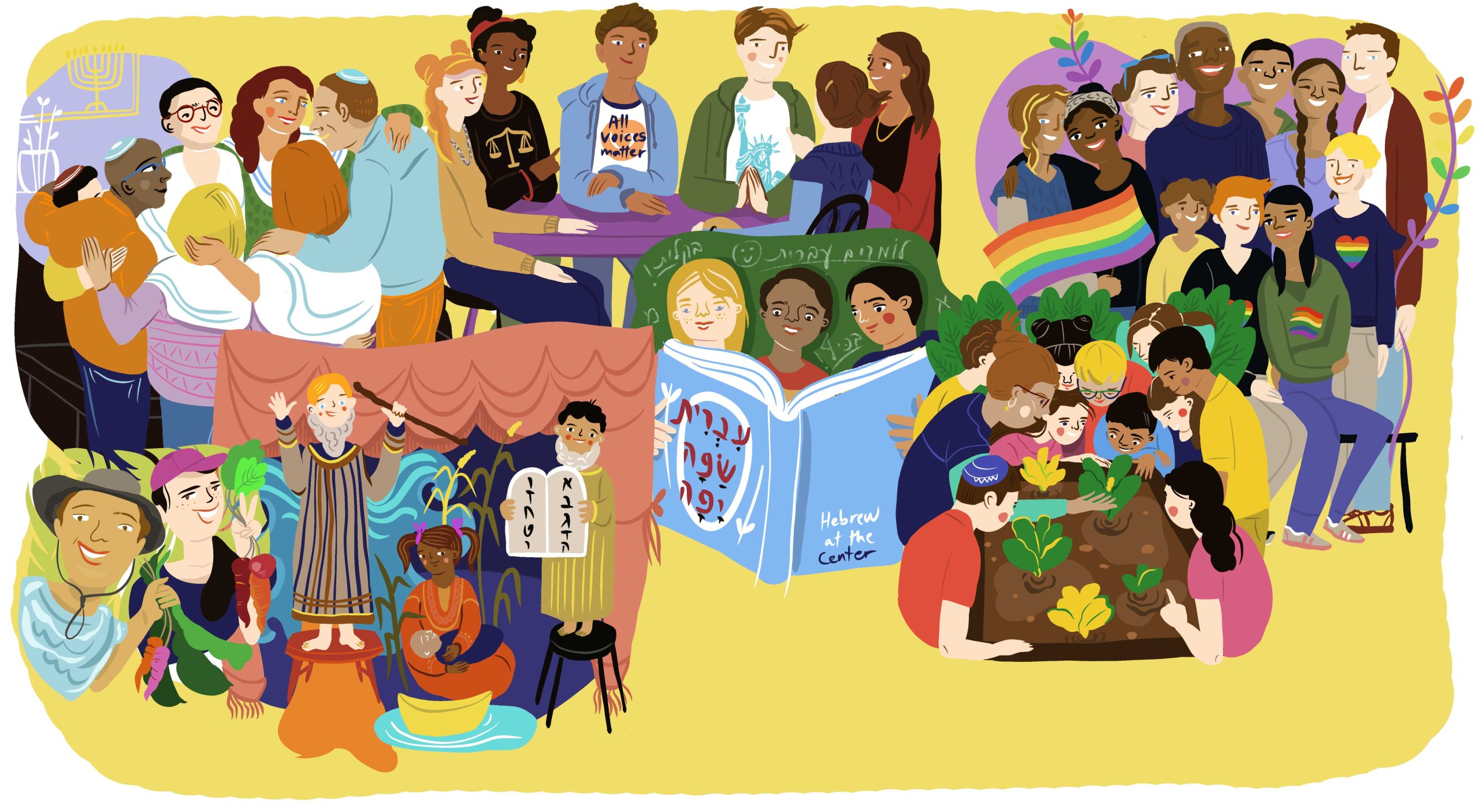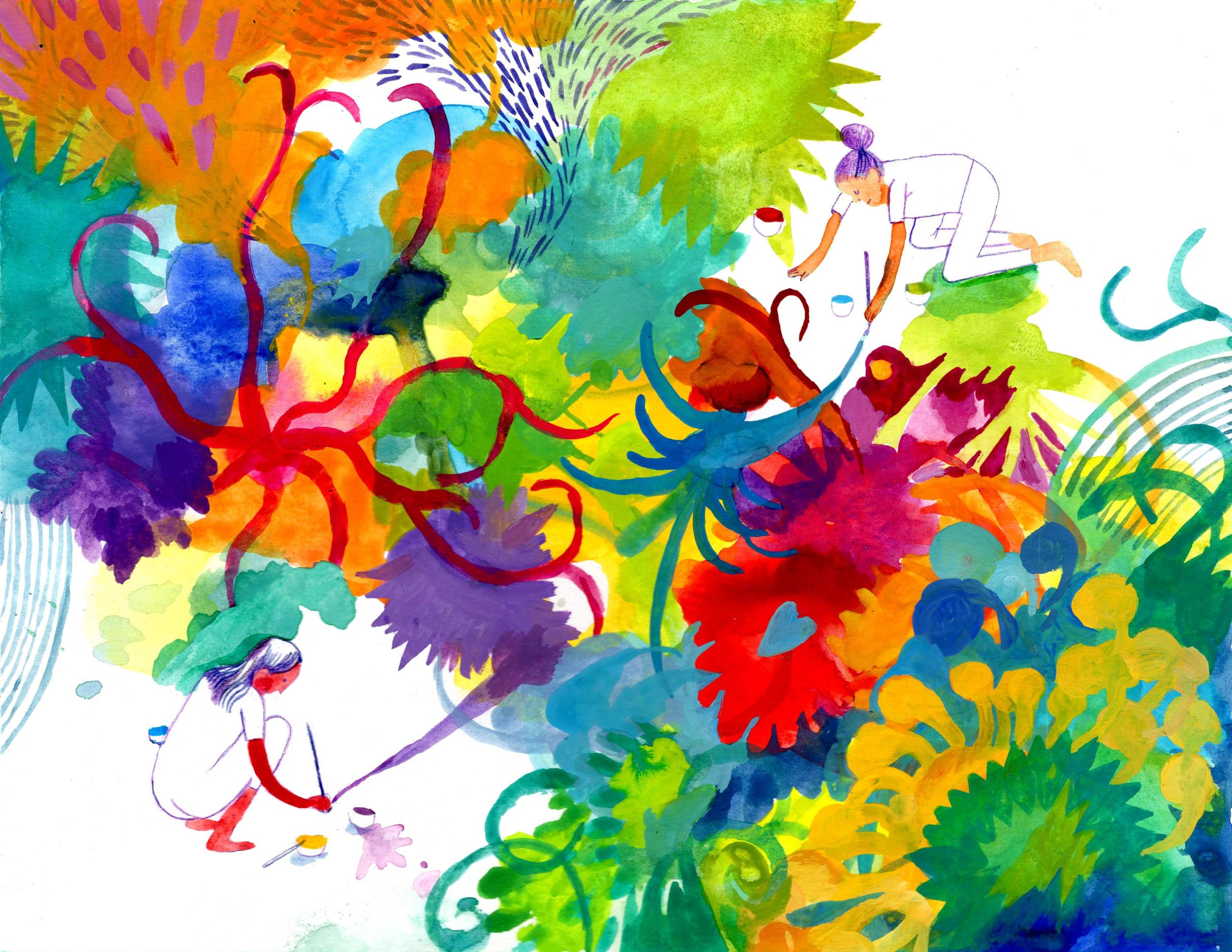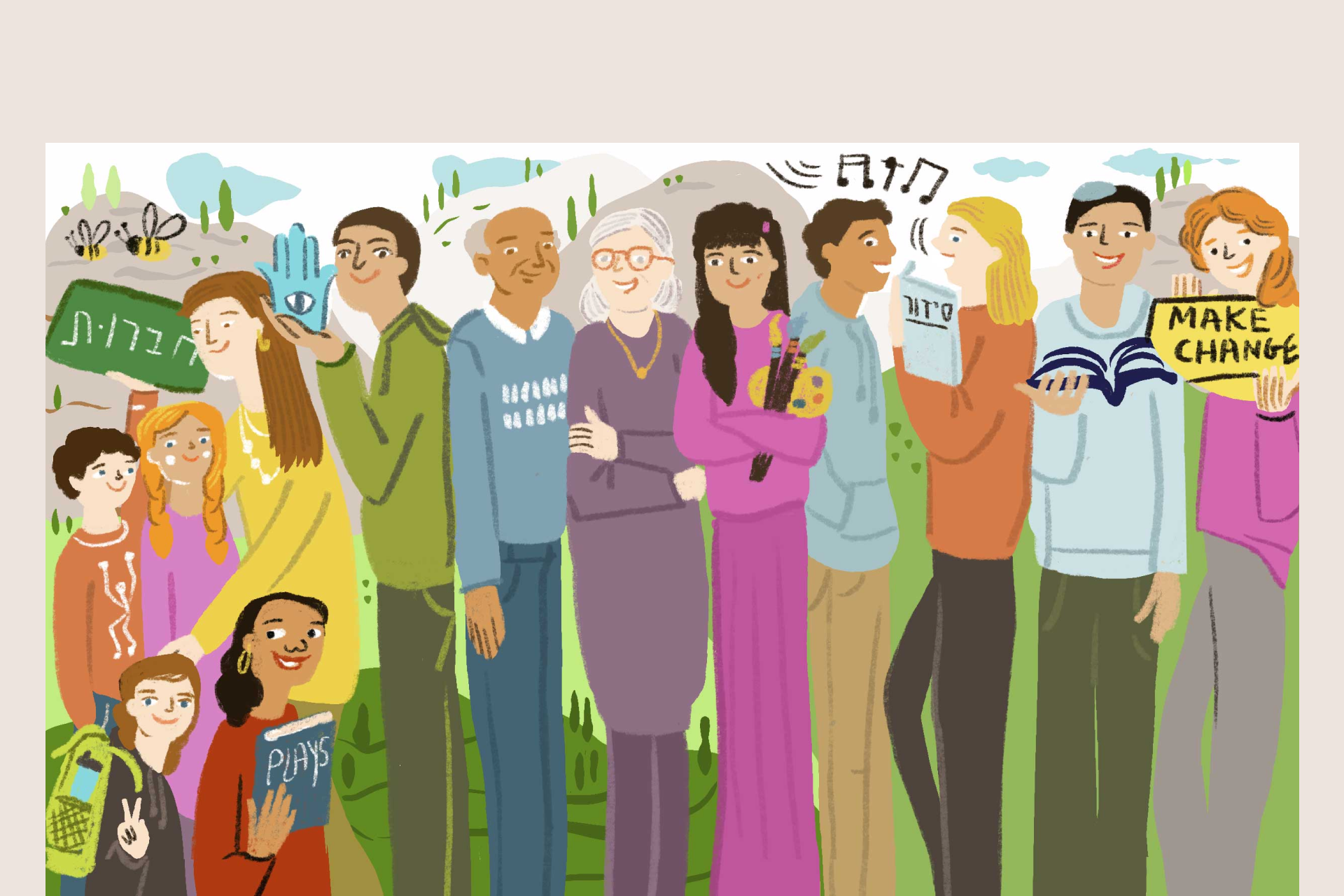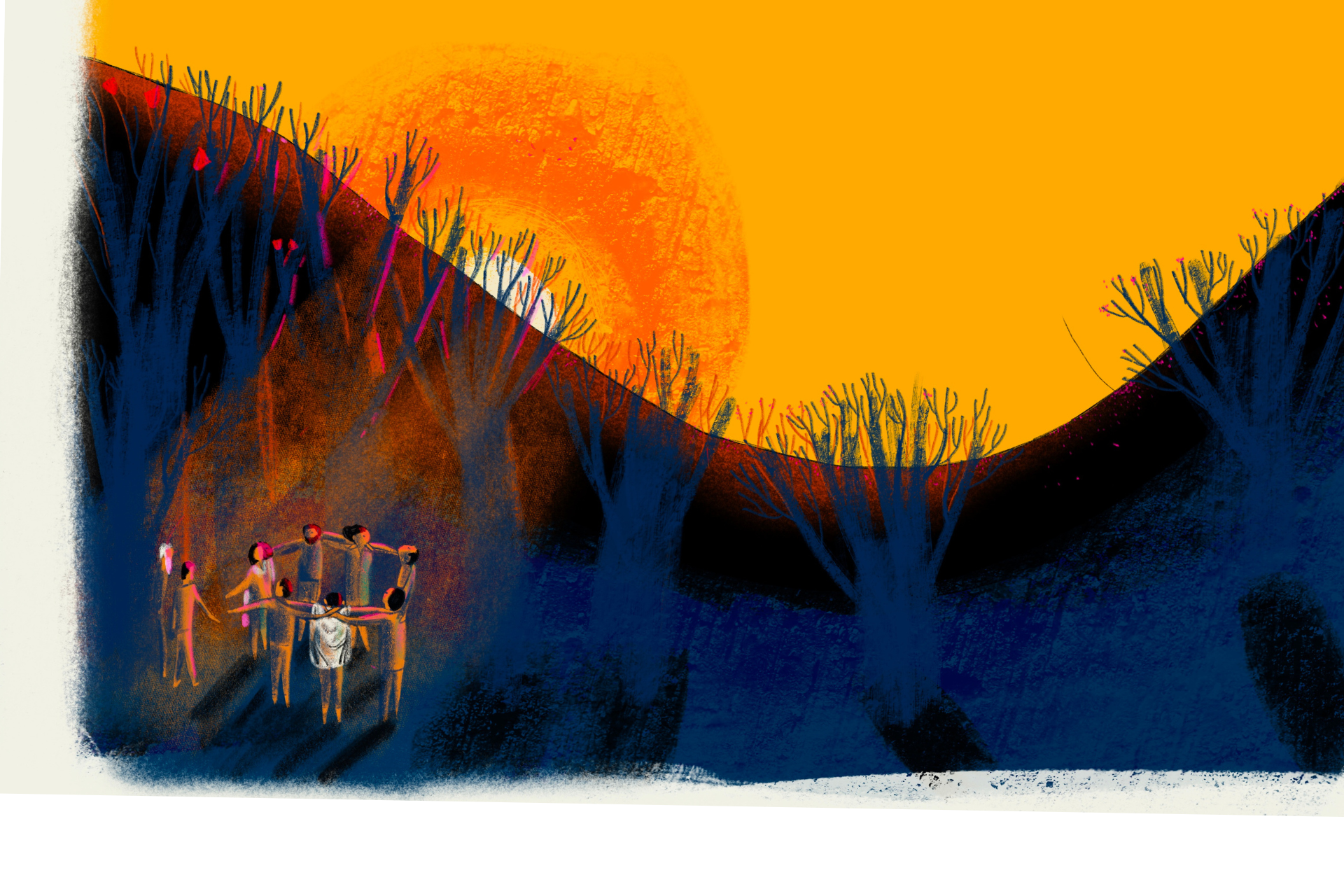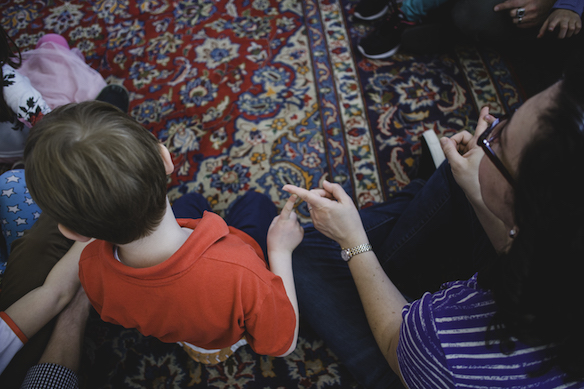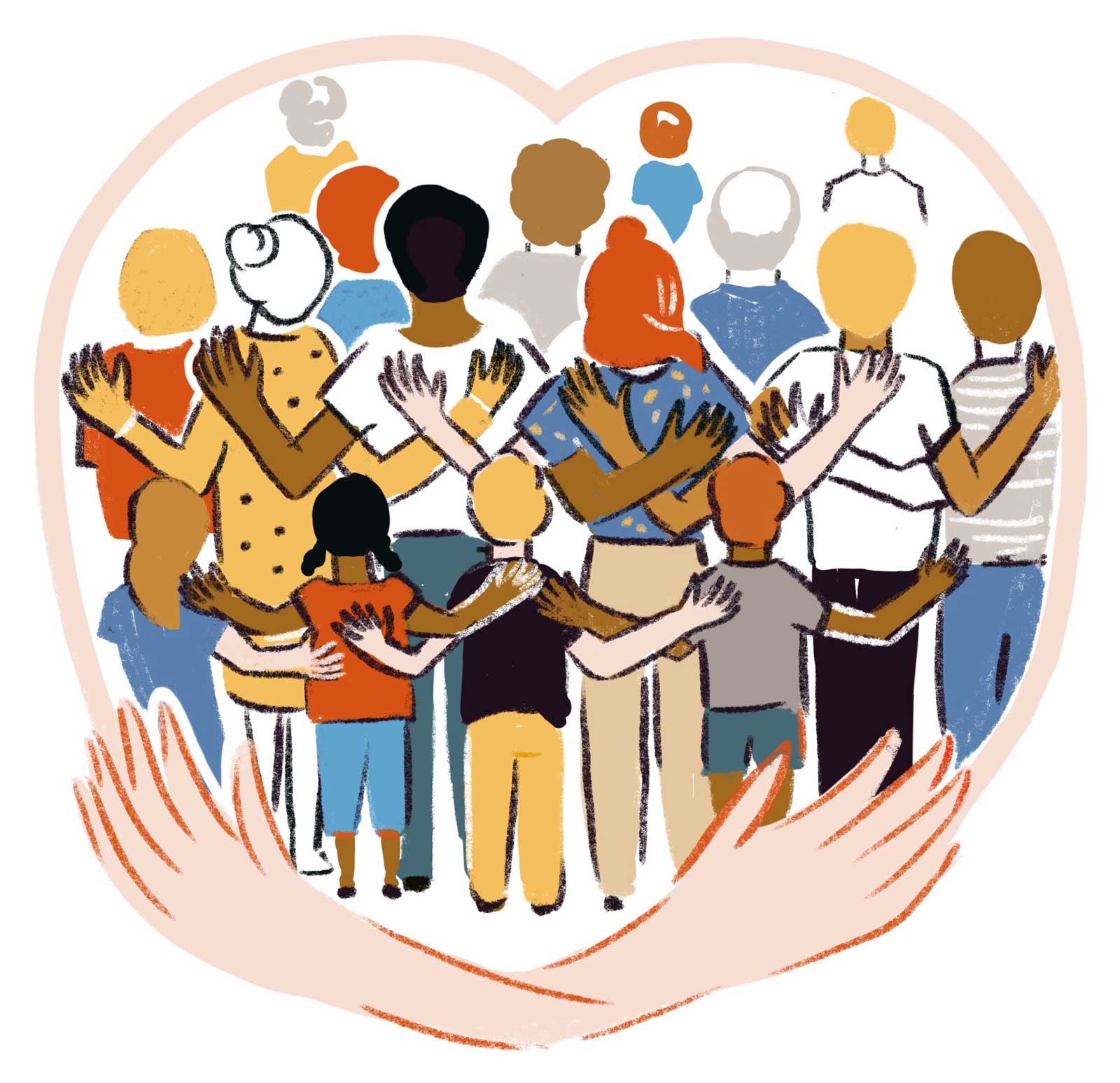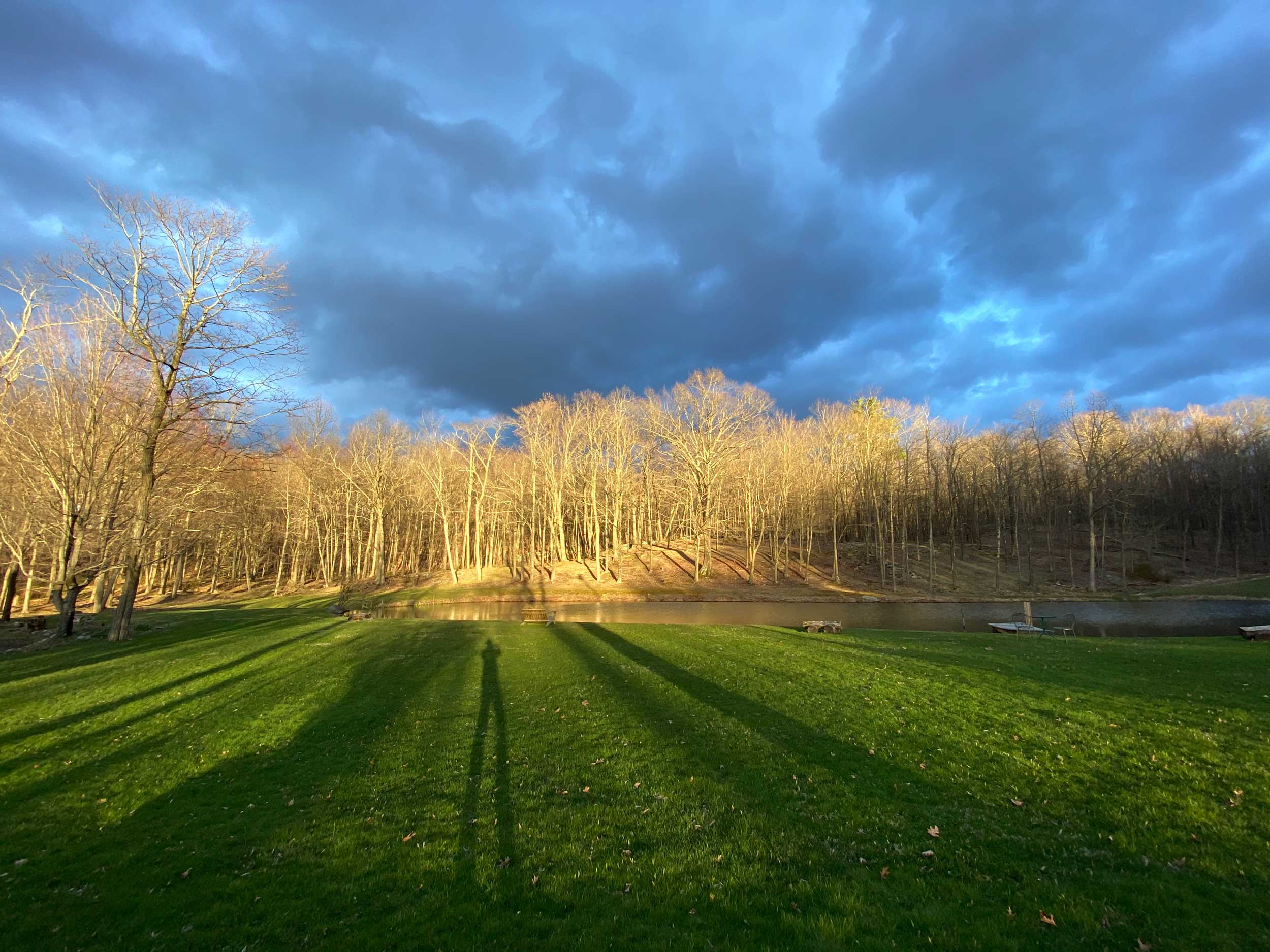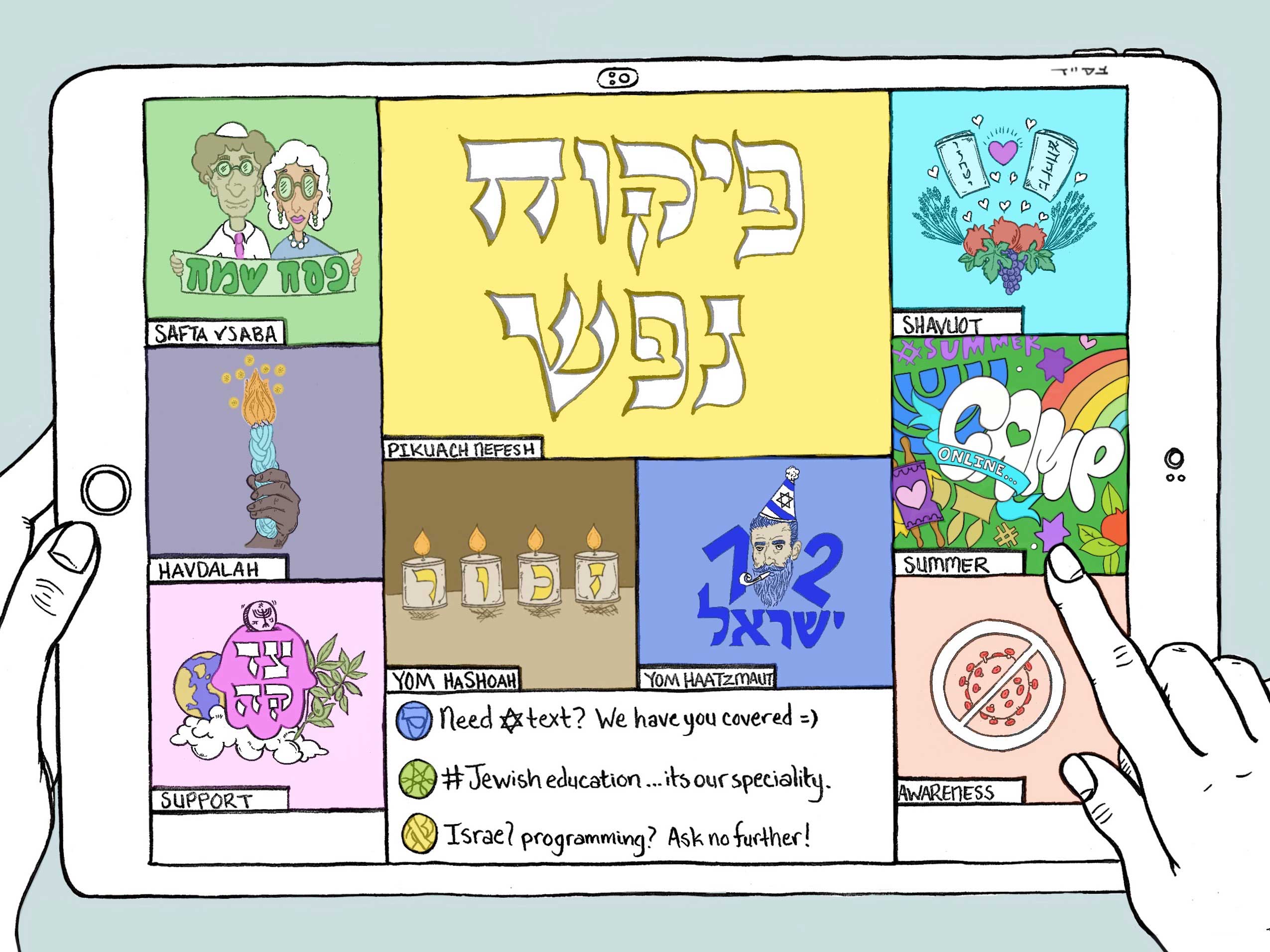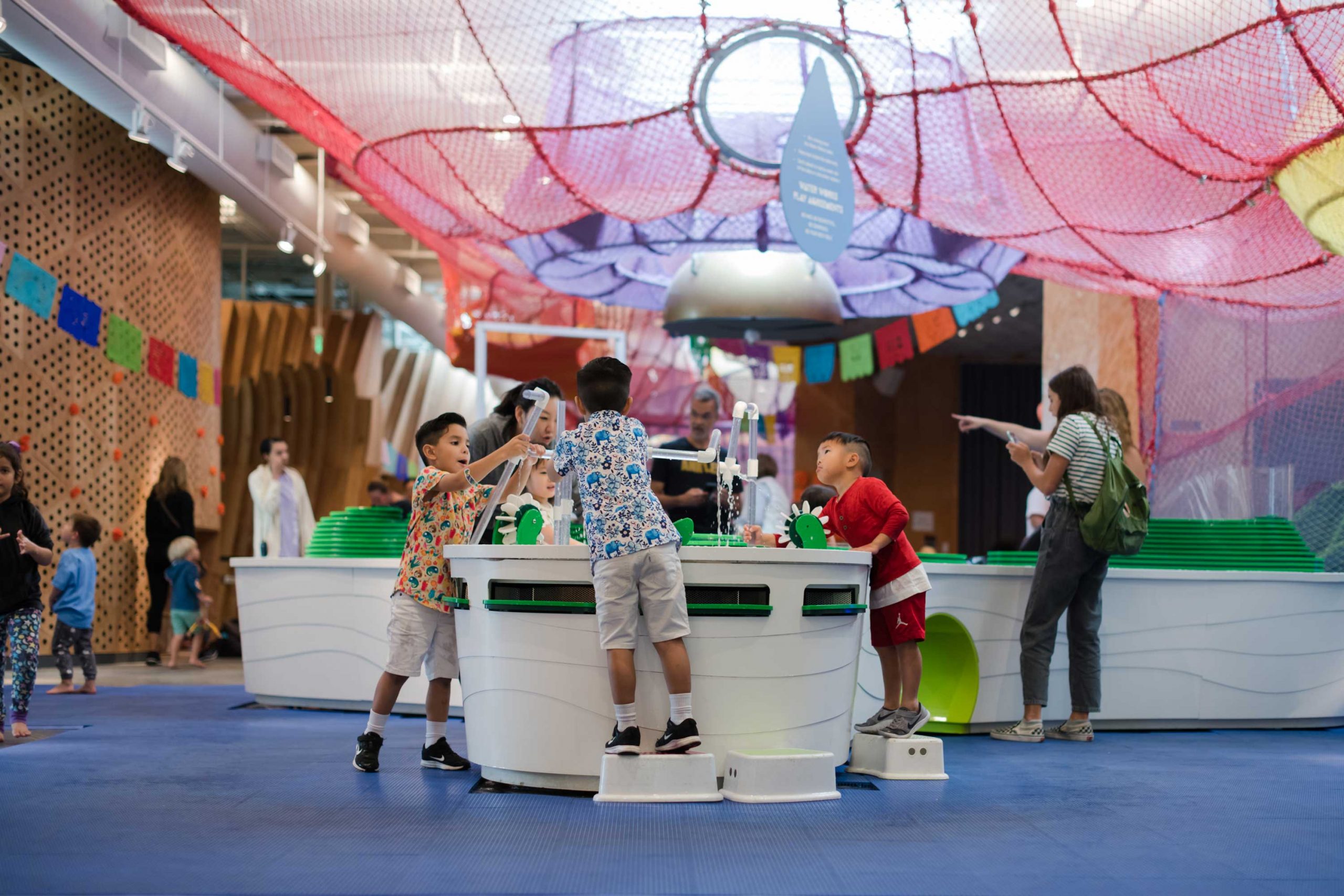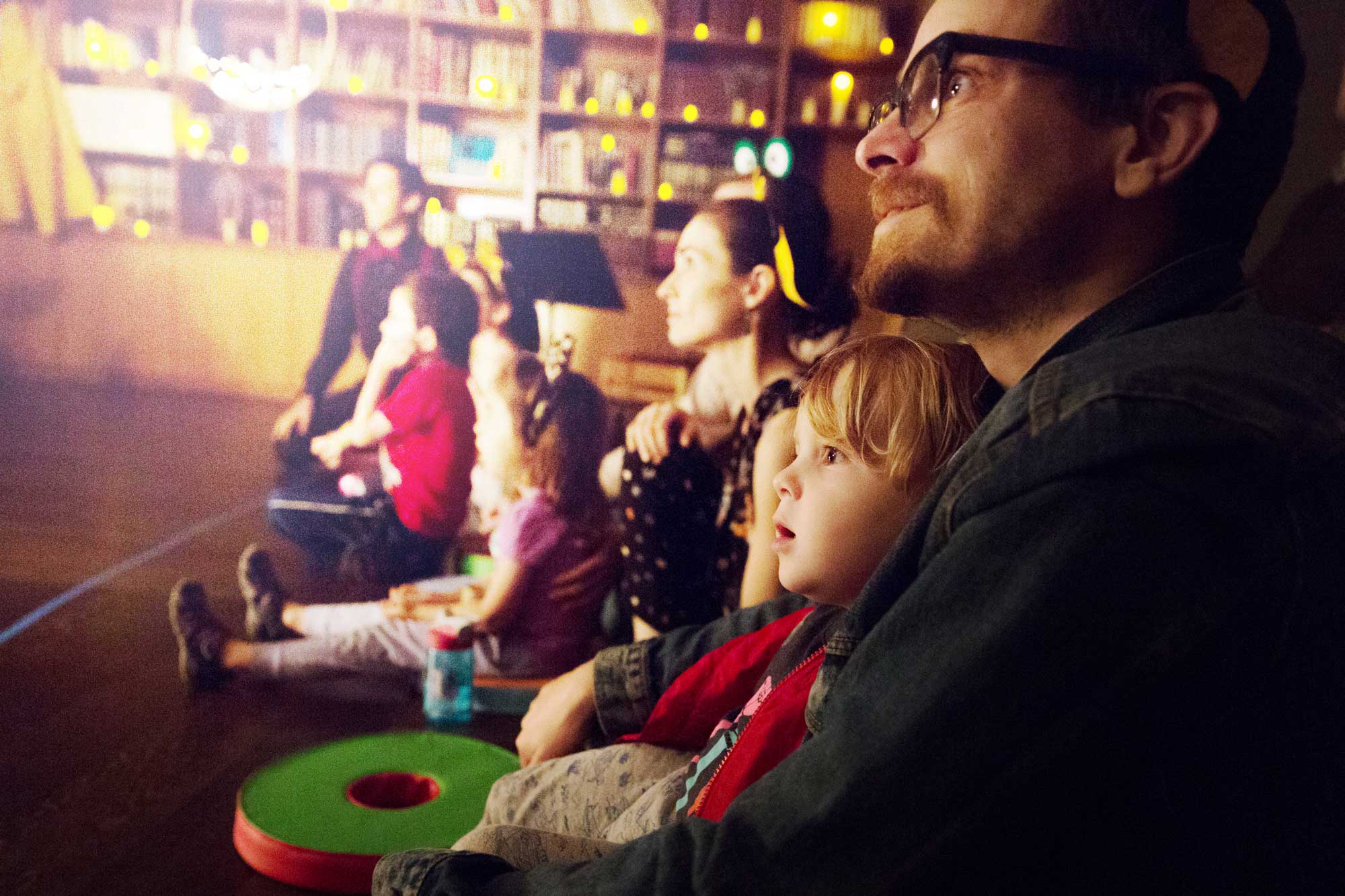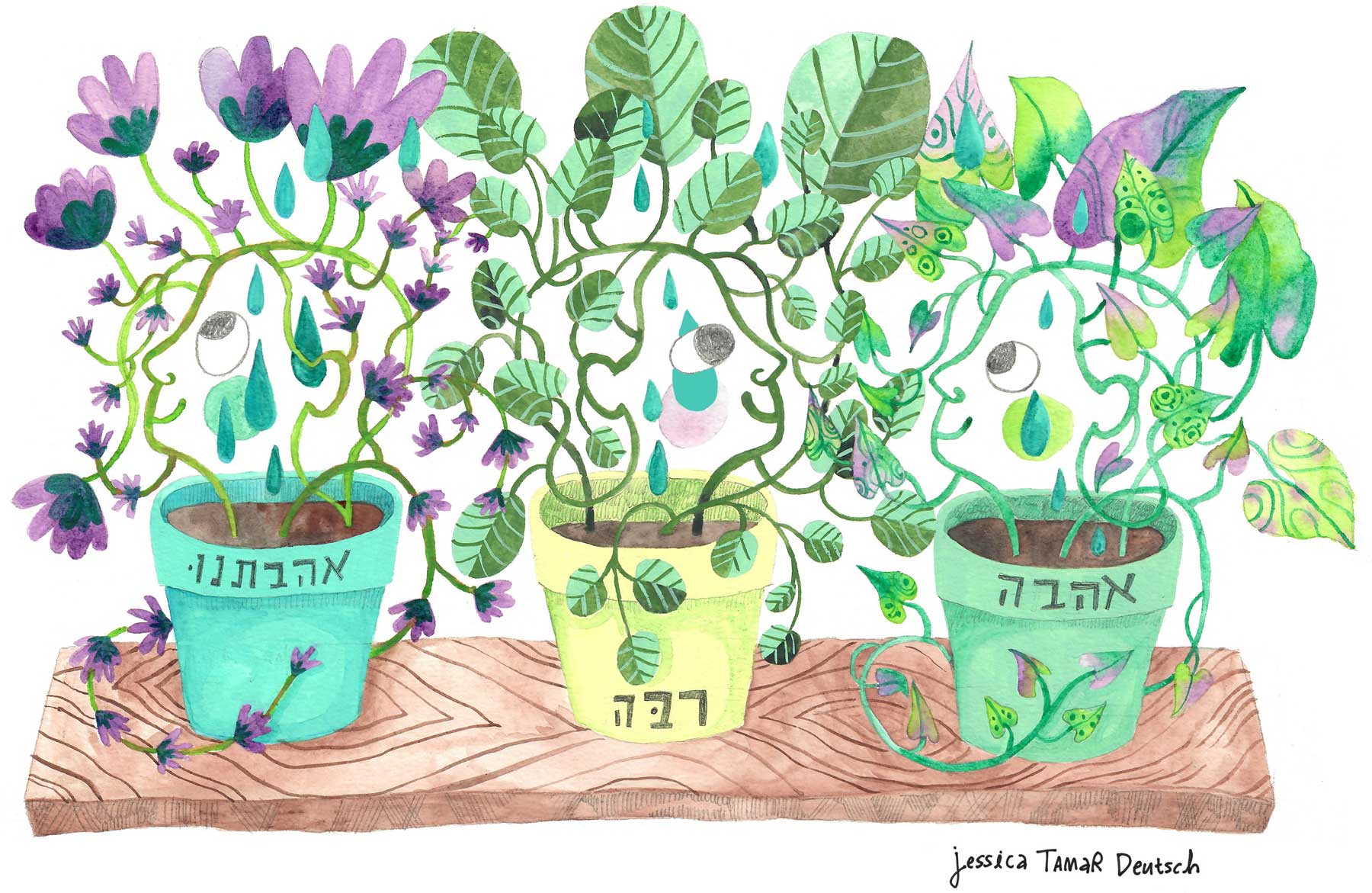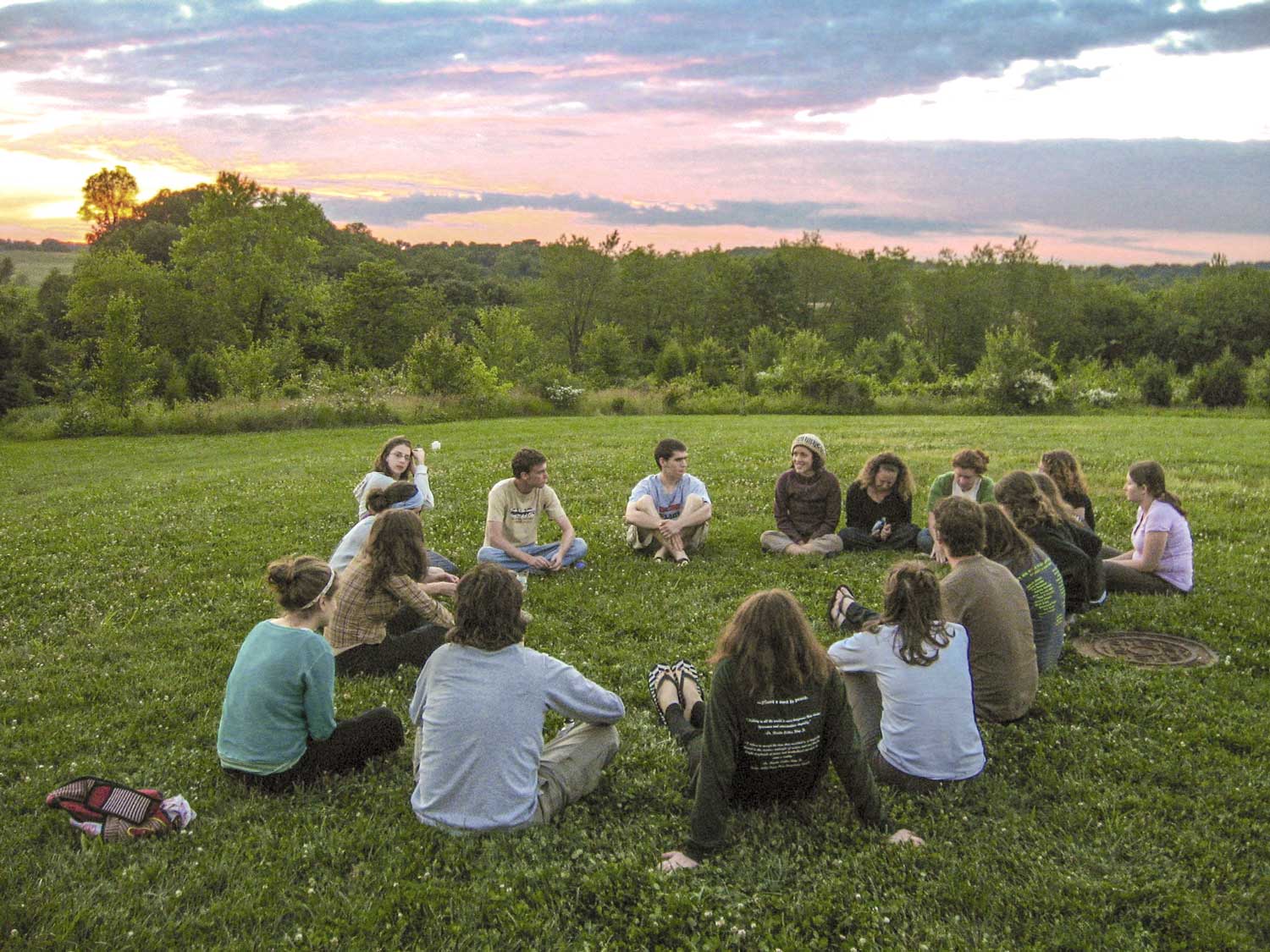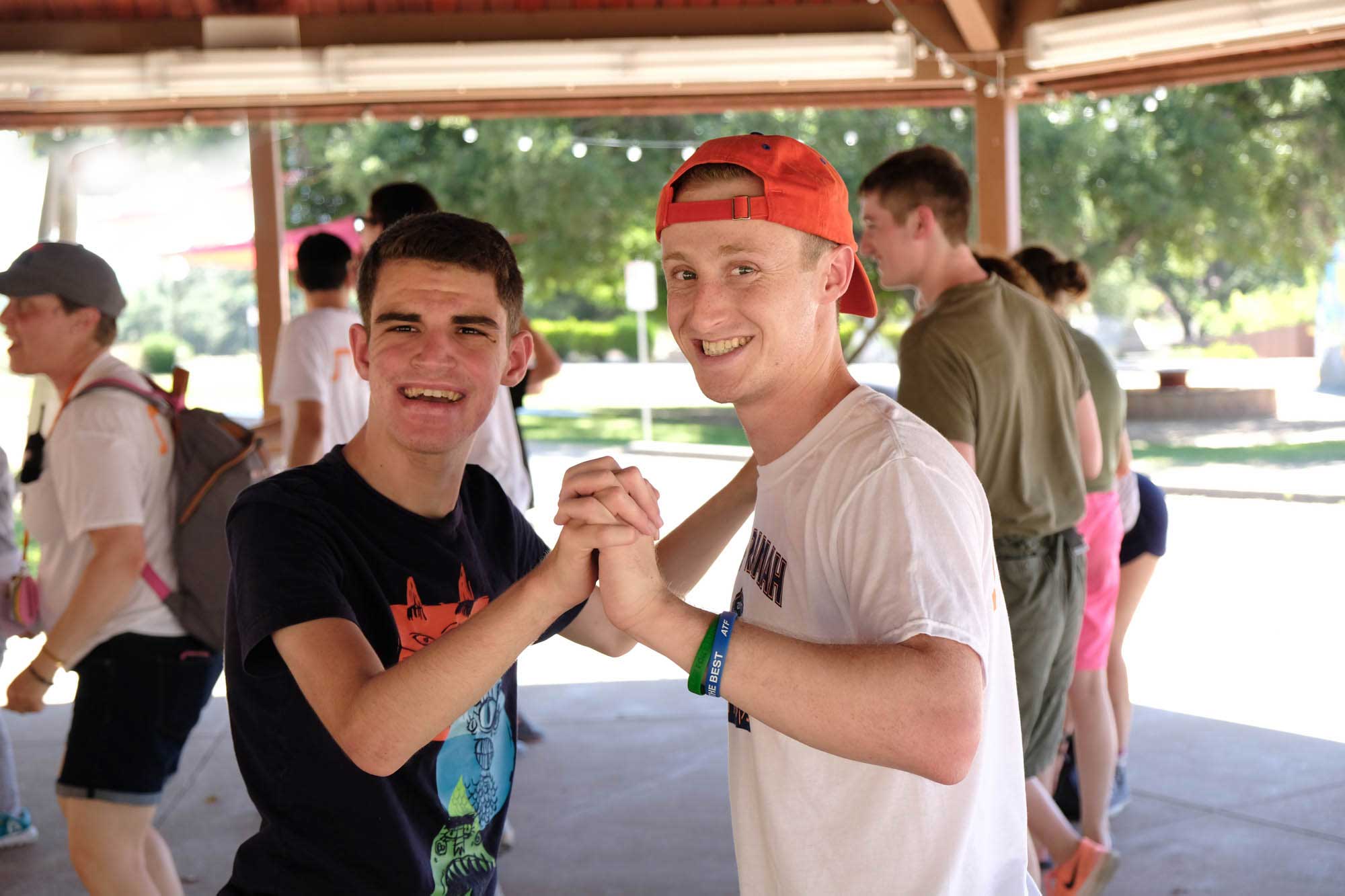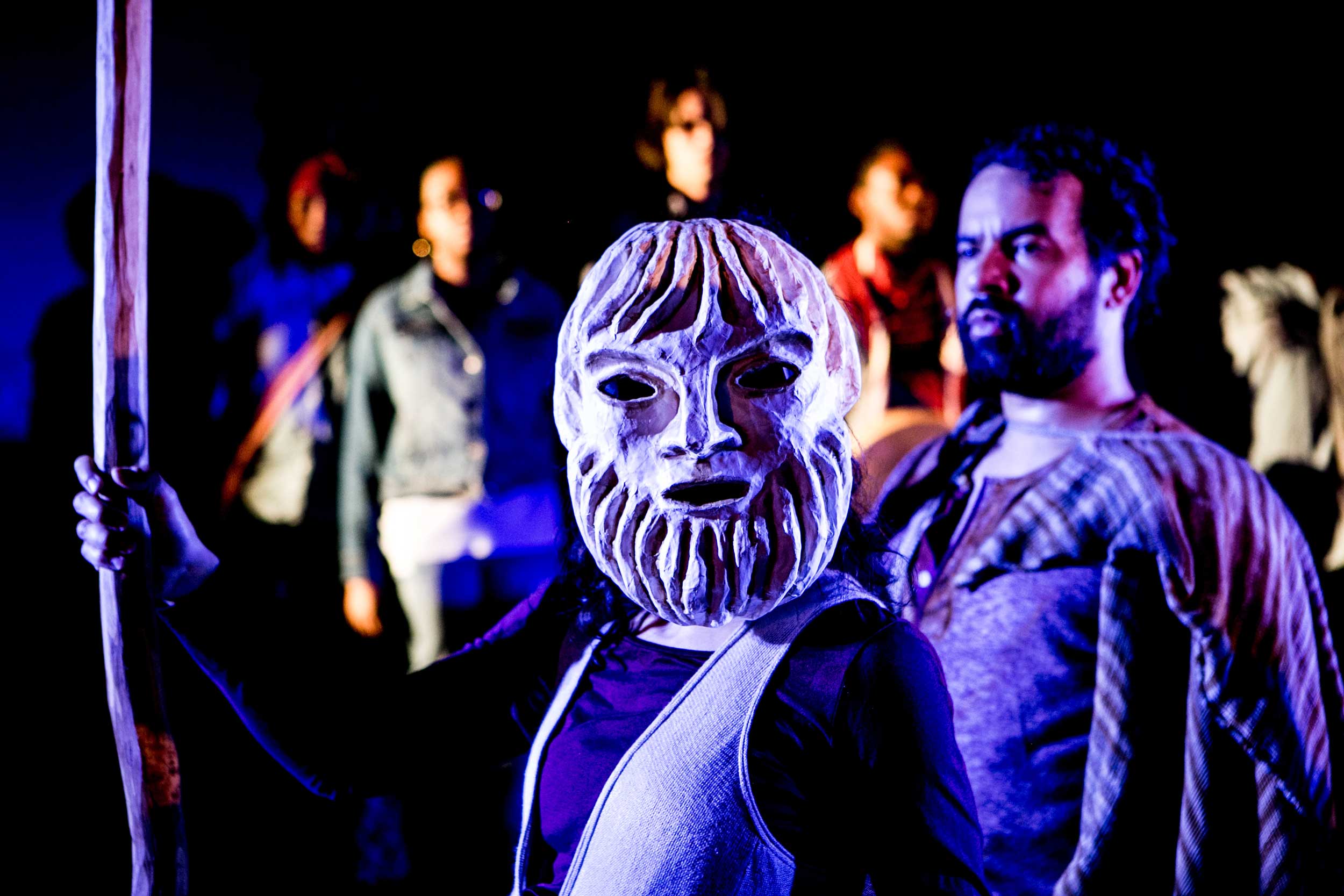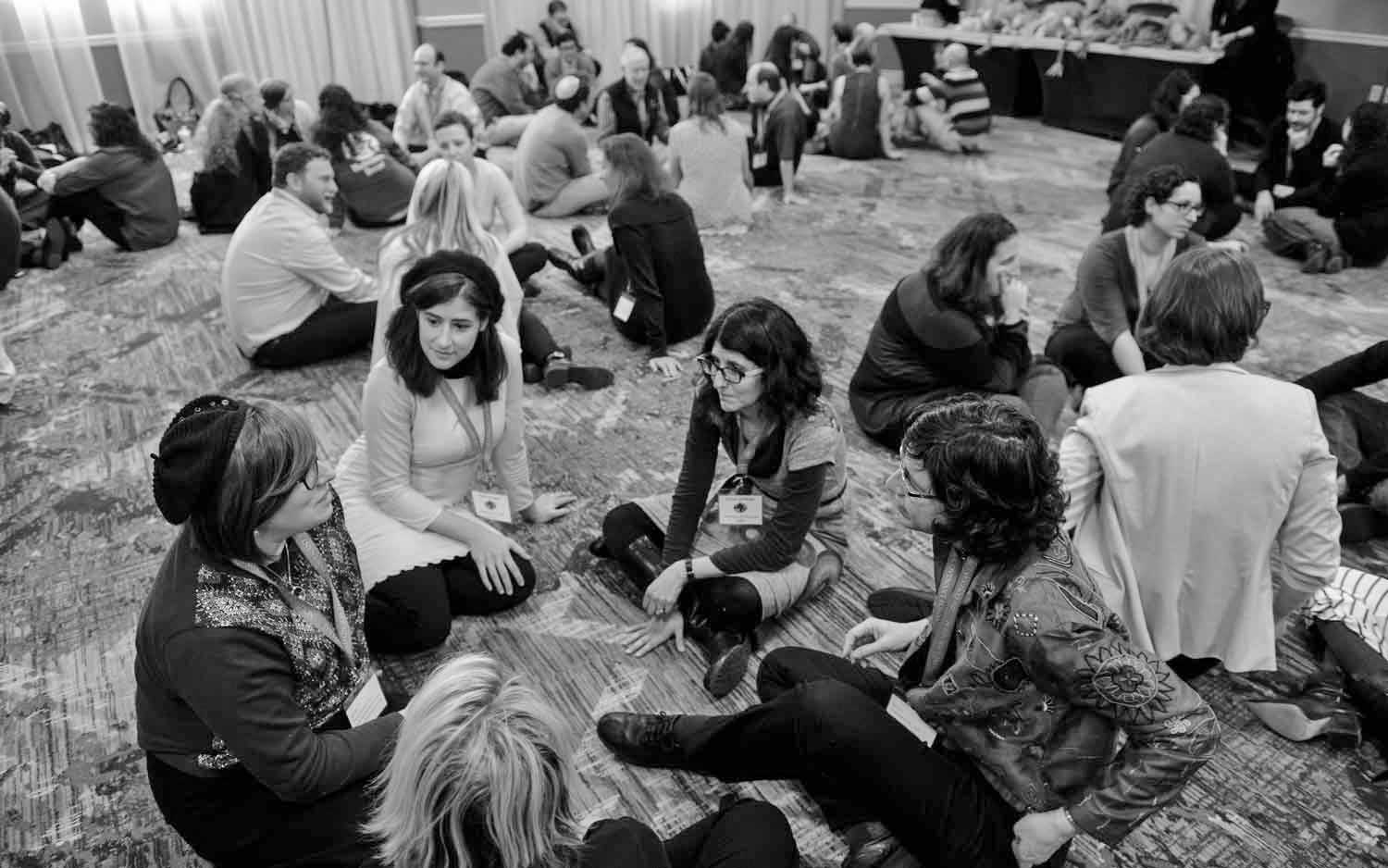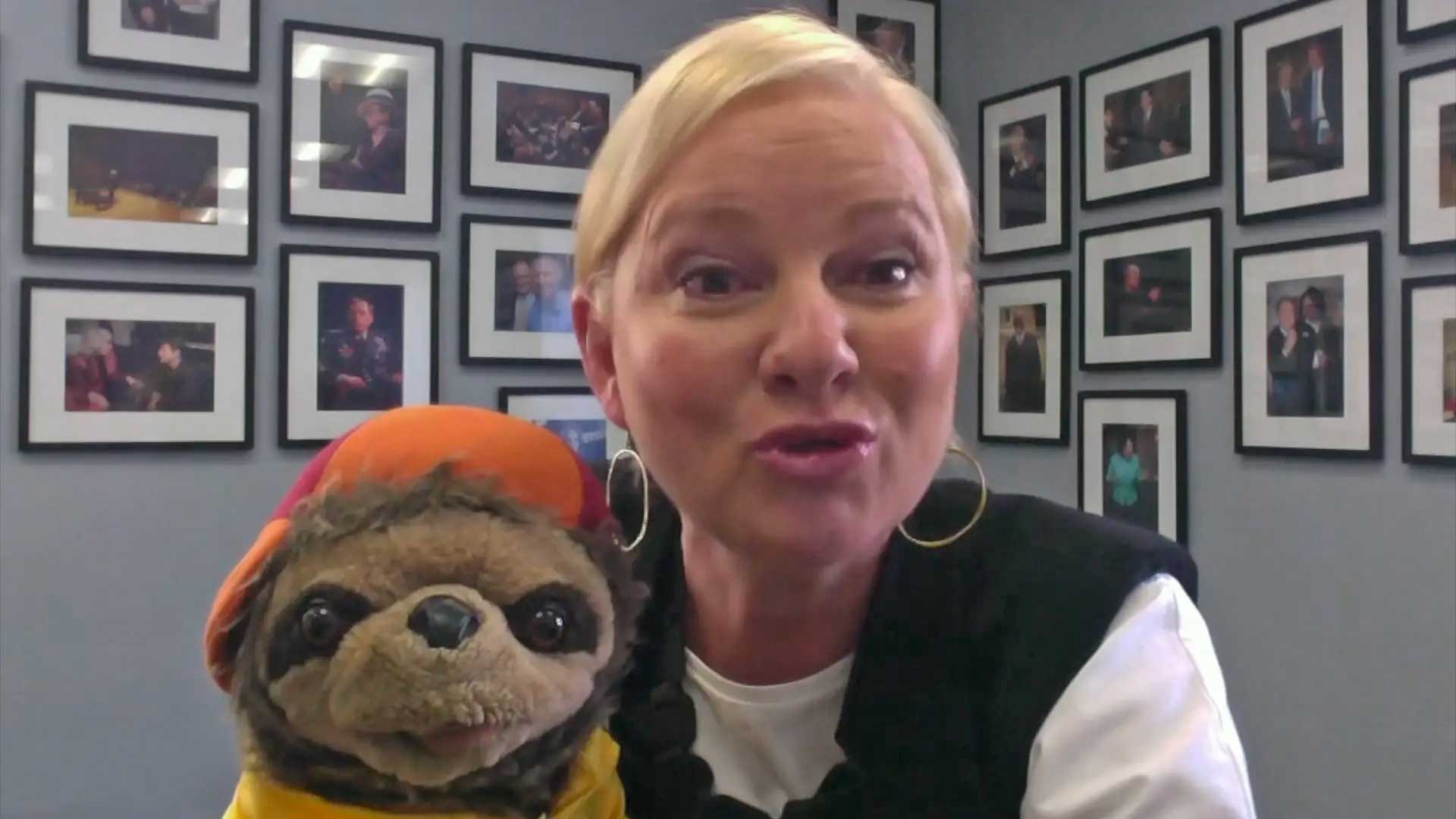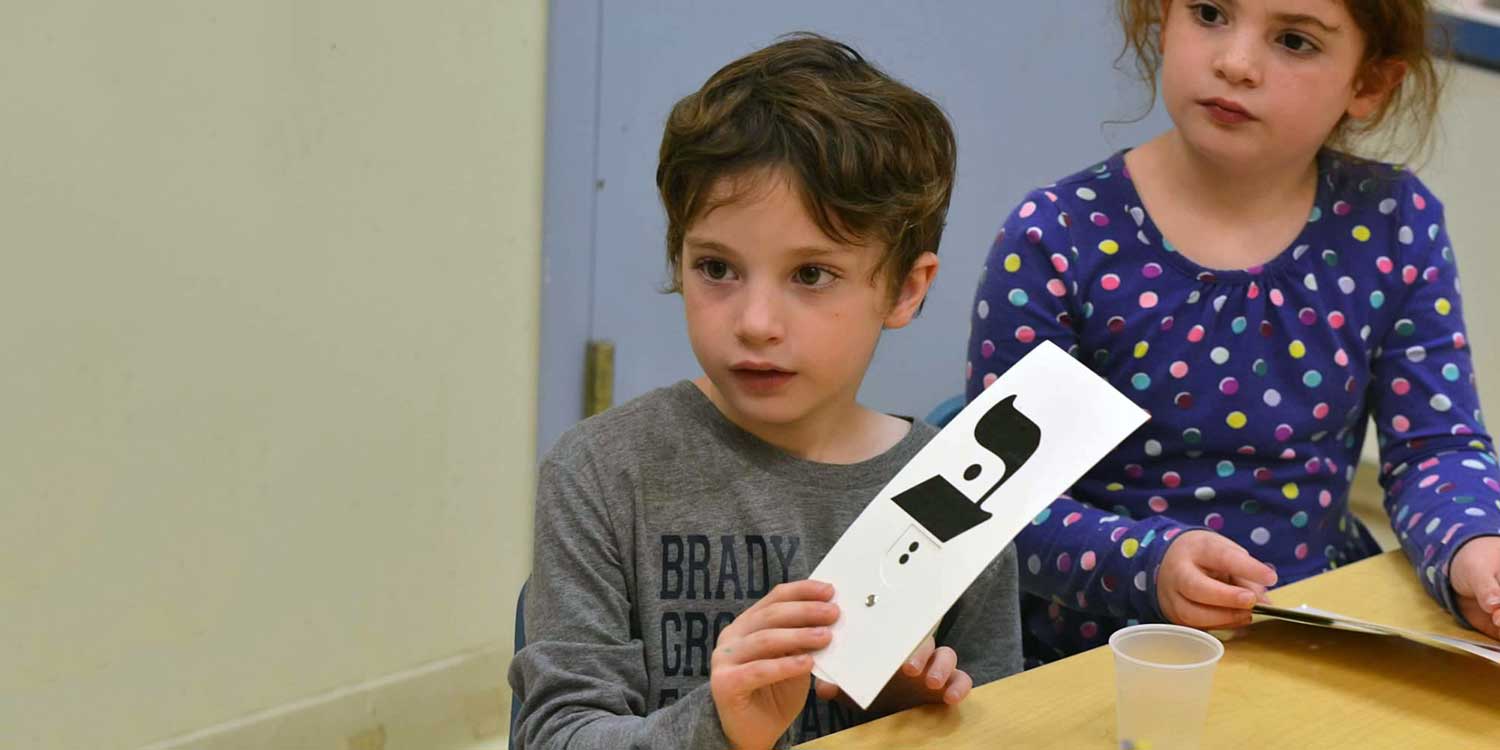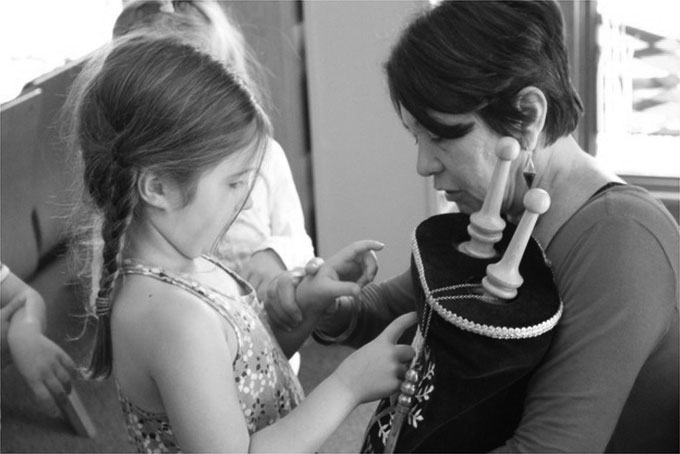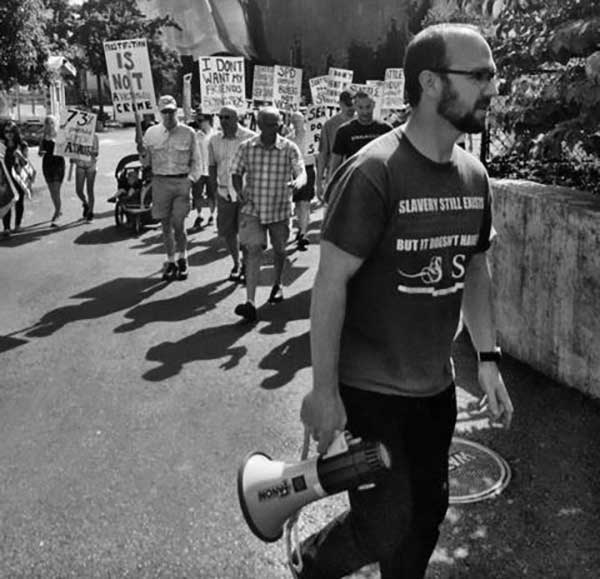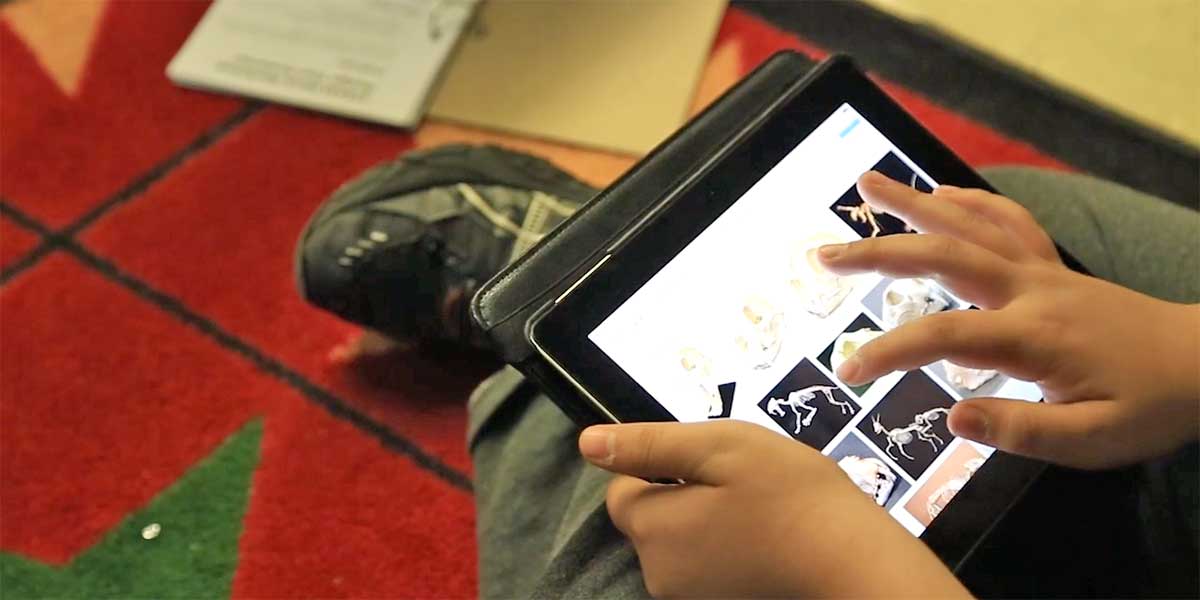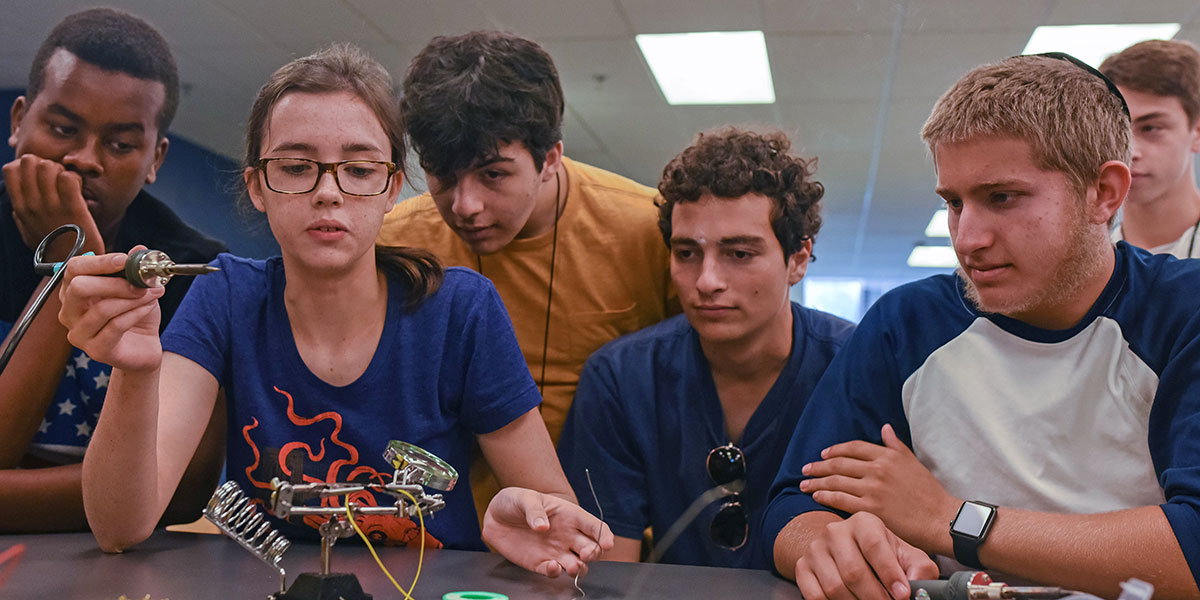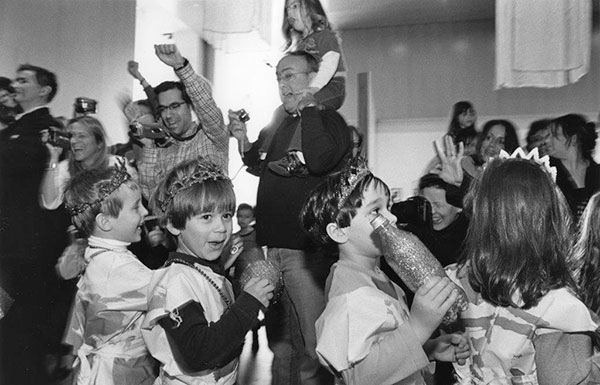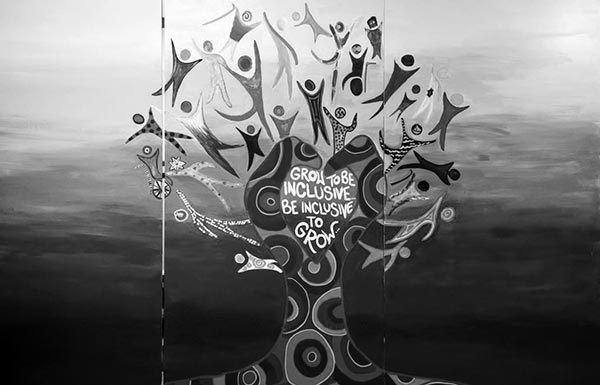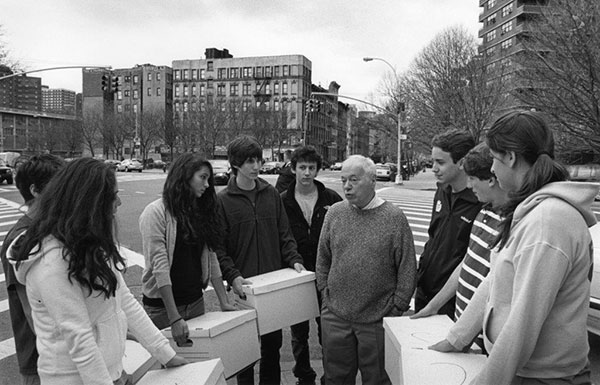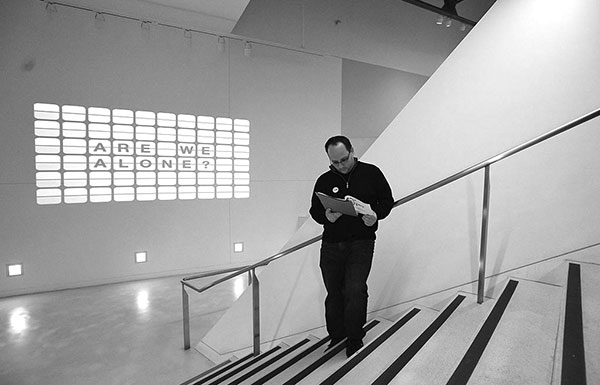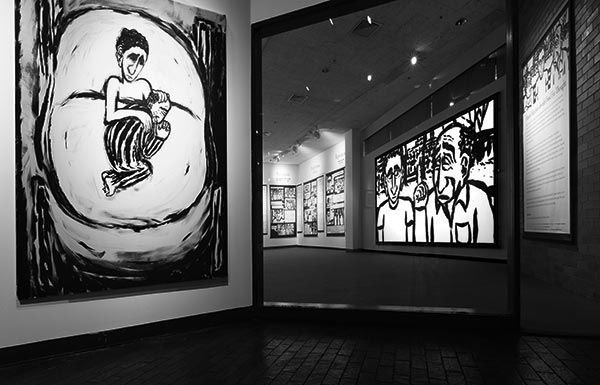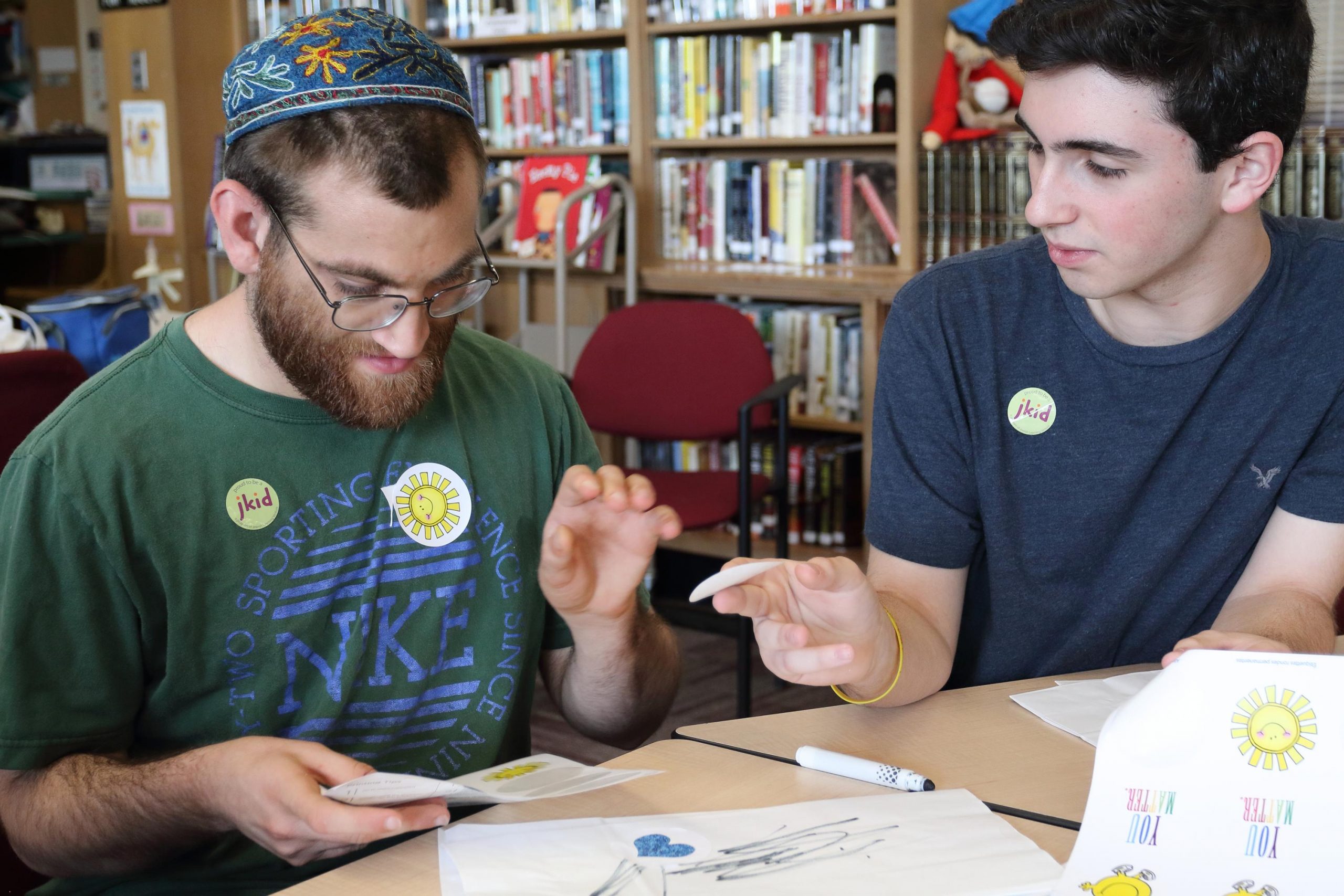
ARTICLE Opening Doors to All Families: Celebrations! Ten Years Later
Ten years ago, Gabrielle Kaplan-Mayer and her synagogue, Mishkan Shalom, received a Covenant Foundation Ignition grant to expand the Celebrations! program. Inspired by her personal experiences of raising a son with Autism, Celebrations! had been established one year earlier by Kaplan-Mayer and Rabbi Michelle Greenfield as a synagogue-based Jewish family education program for children who have cognitive, learning or developmental disorders, cerebral palsy and Down Syndrome.
By 2011, Celebrations! was ready to be iterated-- and the Ignition grant allowed Kaplan-Mayer to do just that. With funding, she was able to expand Celebrations! and create a curriculum to share with other communities.
“At the time, I remember being amazed that other synagogues were willing to invest in family inclusion,” Kaplan-Mayer said recently. “And I think there was a ripple effect; congregations began looking inward,” she said.
The initial Celebrations! group from 2010 still meets—now, as a part of Mitzvah Mensches, a social and social action program for young adults (between the ages of 18 – 30) with special needs.
“When our inaugural group aged out of the program,” Kaplan-Mayer explained, “there wasn’t a lot of community to be found for young adults with disabilities, in a Jewish context and space. It was important to us to create that for them.”
The Mitzvah Mensches offshoot program meets monthly on Saturday evenings for dinner, Havdalah and a mitzvah project. And even during the pandemic, they have continued to meet regularly online.
About an hour northeast of Philly, in Bucks County, PA, the Ohev Shalom congregation also has a dynamic and growing Celebrations! program that has been running since the curriculum was first produced a decade ago. When asked about their success and the longevity of the program overall, Kaplan-Mayer points to two key factors.
“I think the success of this program has been twofold,” she said. “One, the congregation –in both cases--had a readiness, and they learned along with us about inclusion and accessibility. There has to be a communal culture of inclusion and an understanding of why you’re doing this, for the program to succeed,” she added.
The second key factor is stakeholders, Kaplan-Mayer said. “You have to bring in lots of different stakeholders,” she said. “Children who are of b’nai mitzvah age, congregants who want to donate time and money, young families, and more.” Essentially, all cohorts of the congregation should be willing to engage with inclusion programs in one way or another.
Suzanne Gold, the Inclusion Facilitator at Ohev Shalom shared that their program is indeed growing. Even during the pandemic, two new families joined their Celebrations!! group. And this year, there are 12 families in the program.
According to Gold, most of the Celebrations!! families were unaffiliated before they joined the group but have subsequently become members of the synagogue. Now, the cohort meets once a month, even during the summer, and learns about the Jewish holidays and traditions through activities, games, songs, and crafts. Gold also runs a parent group for the caregivers of the children in the program.
“It has truly been a gift to share a love of Judaism with children and young adults at every developmental level,” she said. “We are opening doors, one family at a time.”
More to Consider
- How Jewish Professionals Can Support Families Raising Kids With Disabilities, During the Pandemic (eJewish Philanthropy, February 2021)
- Making Strides in Inclusion and Accessibility (The Jewish Week, February 2020)
- Giving Families and Children Access to Jewish Experiences, No Matter What (February 2018)
